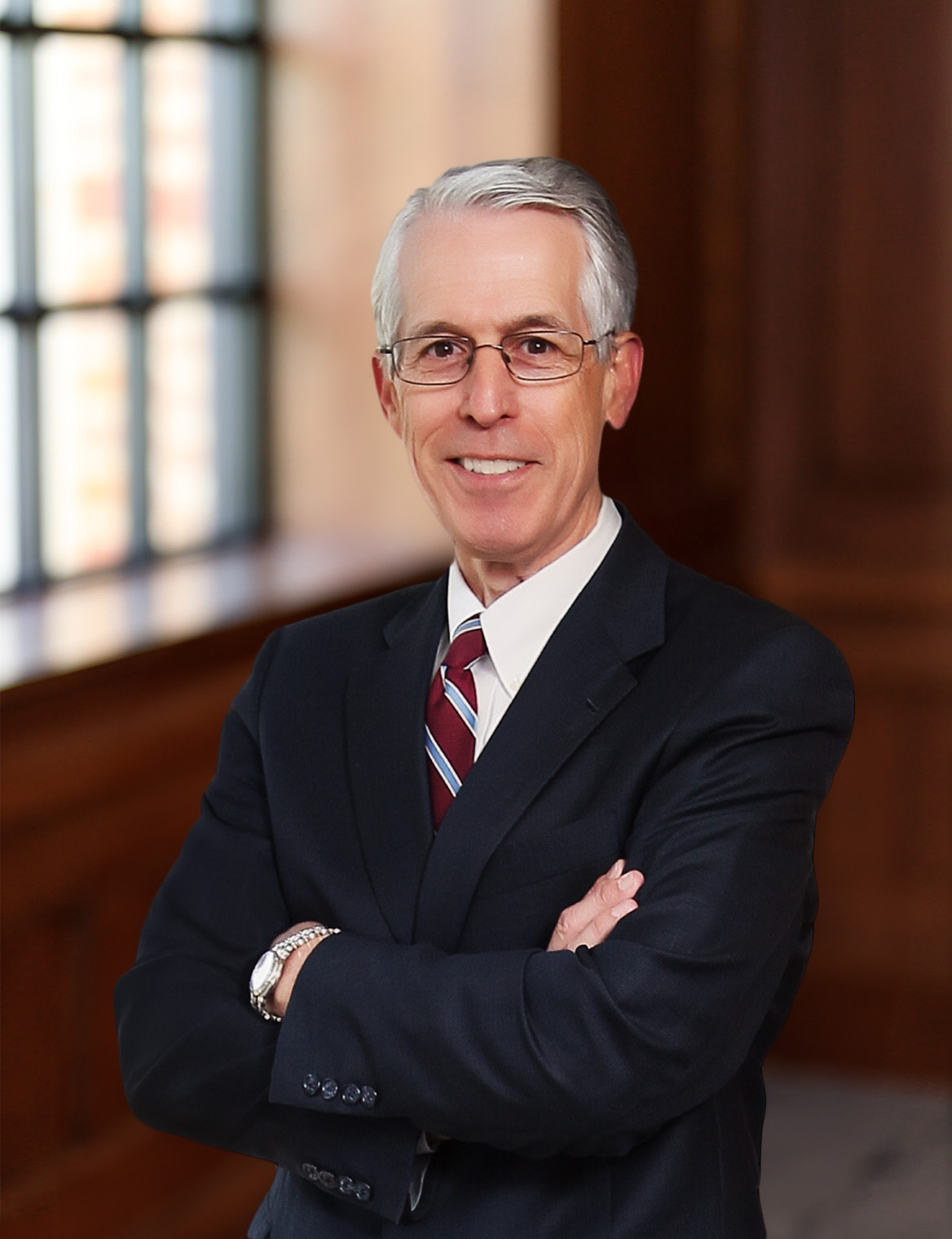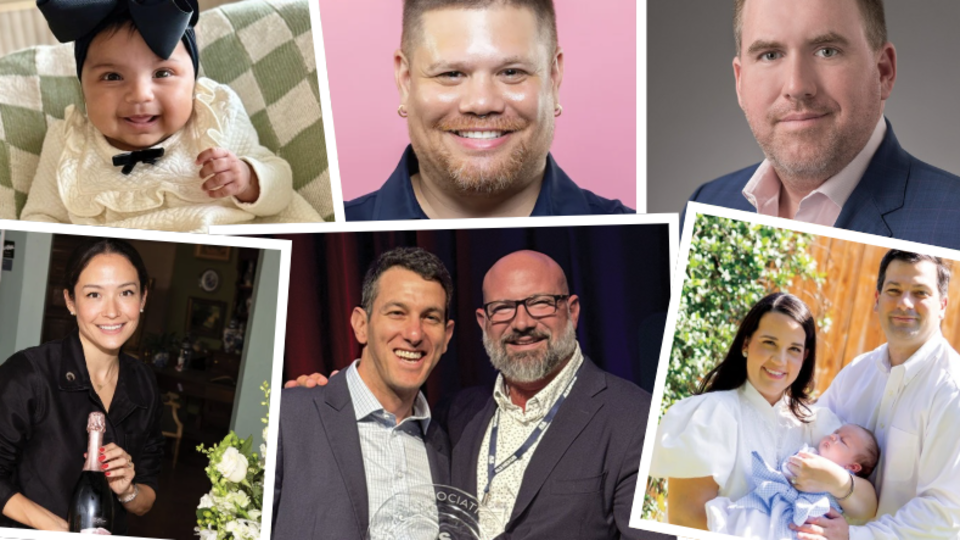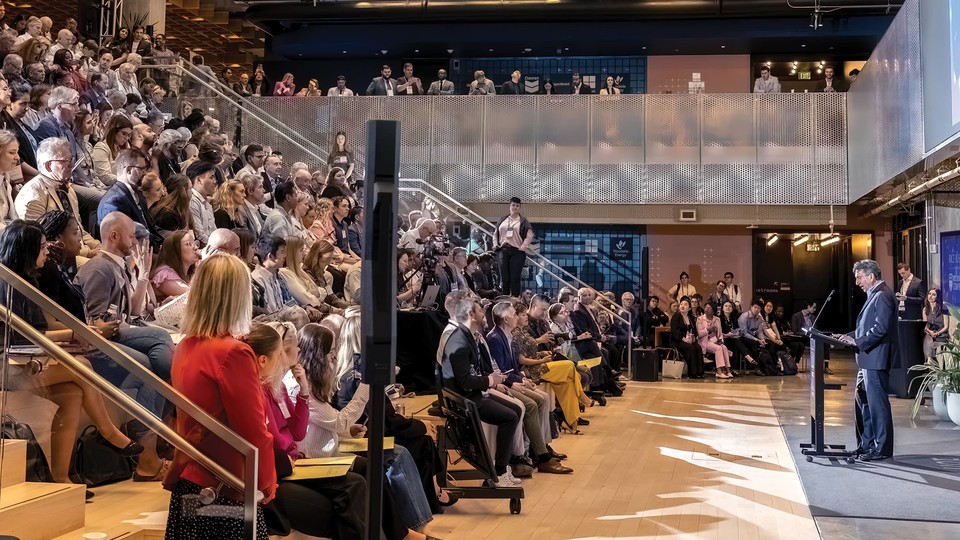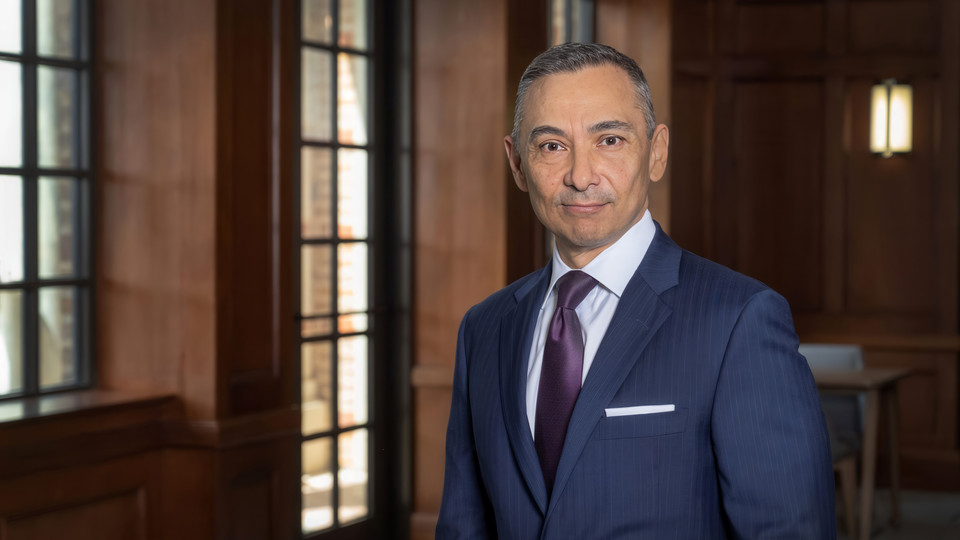
Measuring Up

All my life, I’ve joked with my family about how I lived in the shadow of my older brother. He earned a Ph.D. in biology, became renowned in his field, and — at least in my mind — won our mother’s approval in ways I never quite did. I built a very successful career in banking, but I always wondered if she saw me as the son who stopped short, the one who never went on for a master’s degree.
That quiet sense of unfinished business lingered for nearly 50 years.
When I graduated from Baylor University in 1973 with a degree in math, the economy was reeling — Watergate, inflation, oil shocks, hostages in Iran. I had been accepted into a master’s program in mathematics at Texas A&M University, planning to move toward engineering. But graduate school felt like a luxury when jobs were scarce and bills had to be paid. So I set aside my dream of an advanced degree and went to work.
Banking wasn’t what I’d planned, but it turned into a lifelong calling. I spent decades working my way up, eventually buying my own bank and running it successfully for 25 years. By the time I sold it, I had weathered every kind of economic storm. On paper, I had everything — a long career, financial security and the satisfaction of building something from the ground up. But the small ache remained: I had never gone back to school.
The decision to finally pursue an MBA didn’t come from careful planning. It came from a phone call I almost didn’t answer.
I had just sold my bank and was stuck in a three-year non-compete — what I called my “timeout box.” Restless, bored and a little lost, I happened to be home when the phone rang. A recruiter from Rice Business asked if I had ever considered an MBA. My first thought was that it was a scam. My second thought was: at my age?
So I asked him, “Do you have any idea how old I am?”
He paused, then said, “Does it matter?”
That was the moment I was hooked.
Rice’s Online MBA was demanding — accelerated courses, international projects, on-campus residencies — but it was exactly the kind of challenge I needed. I was back in a classroom, decades older than most of my peers, learning alongside professionals who weren’t even born when I started my banking career.
The hardest part wasn’t finance or strategy. It was technology. I had lived much of my career in what I call “life B.C. — Before Computers.” My classmates were miles ahead in tools and shortcuts, while I scrambled to catch up. One day, during a group presentation, I froze when it was my turn to share my screen. I tried to delegate it away, but my professor cut me off: “Mr. Kroll, you’re not going to CEO your way through my class.”
She made me sit there until I figured it out. And I did. That lesson, as humbling as it was, reminded me that growth only happens when you stop hiding behind your experience and allow yourself to be a beginner again.
The MBA opened more doors than I could have imagined. I expanded into new businesses, built friendships across the country and even found myself back in the classroom — but this time as the teacher. Today I’m in my third year teaching banking and financial analysis at Baylor. Standing in front of students, encouraging them to “think big,” I sometimes remember that moment of panic at Rice, learning to share my screen.
At graduation, one of the proudest moments of my life, my family was there — including my wife, Judy, who supported me every step of the way, and my Ph.D. brother. For years I’d carried the feeling that he was the scholar and I was just the businessman. But as I walked across that stage, hooded in my Rice MBA regalia, I realized something had shifted.
It wasn’t about proving myself to him — or even to my mother. It was about finally finishing a dream I had set aside 50 years earlier.
And in that moment, for the first time, I no longer felt like the brother who had fallen short.


